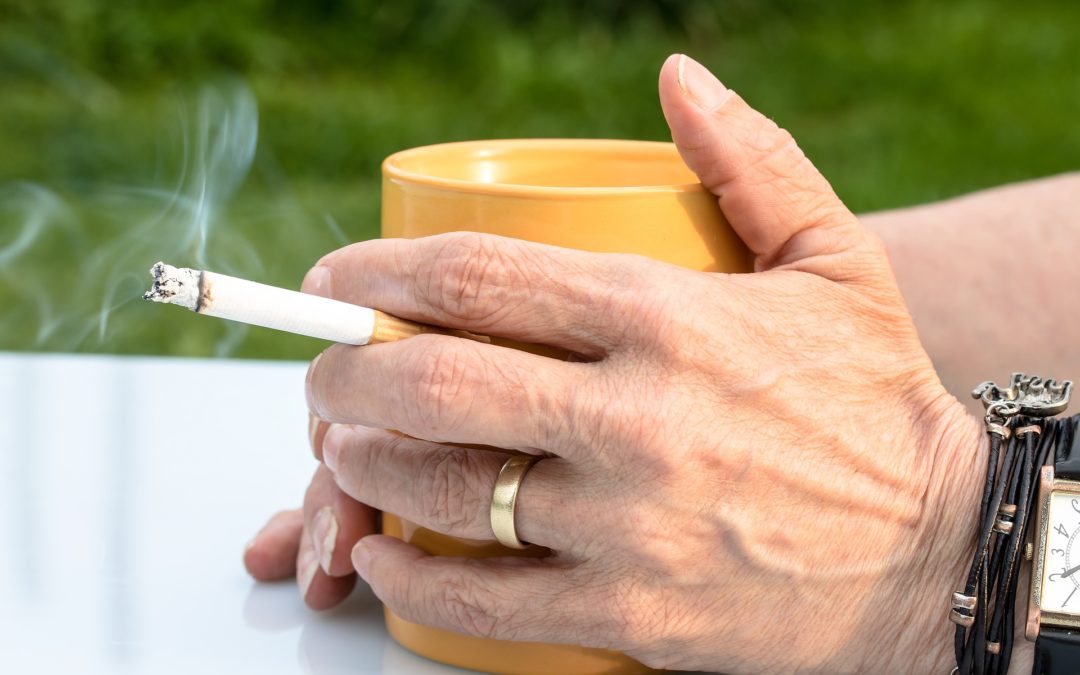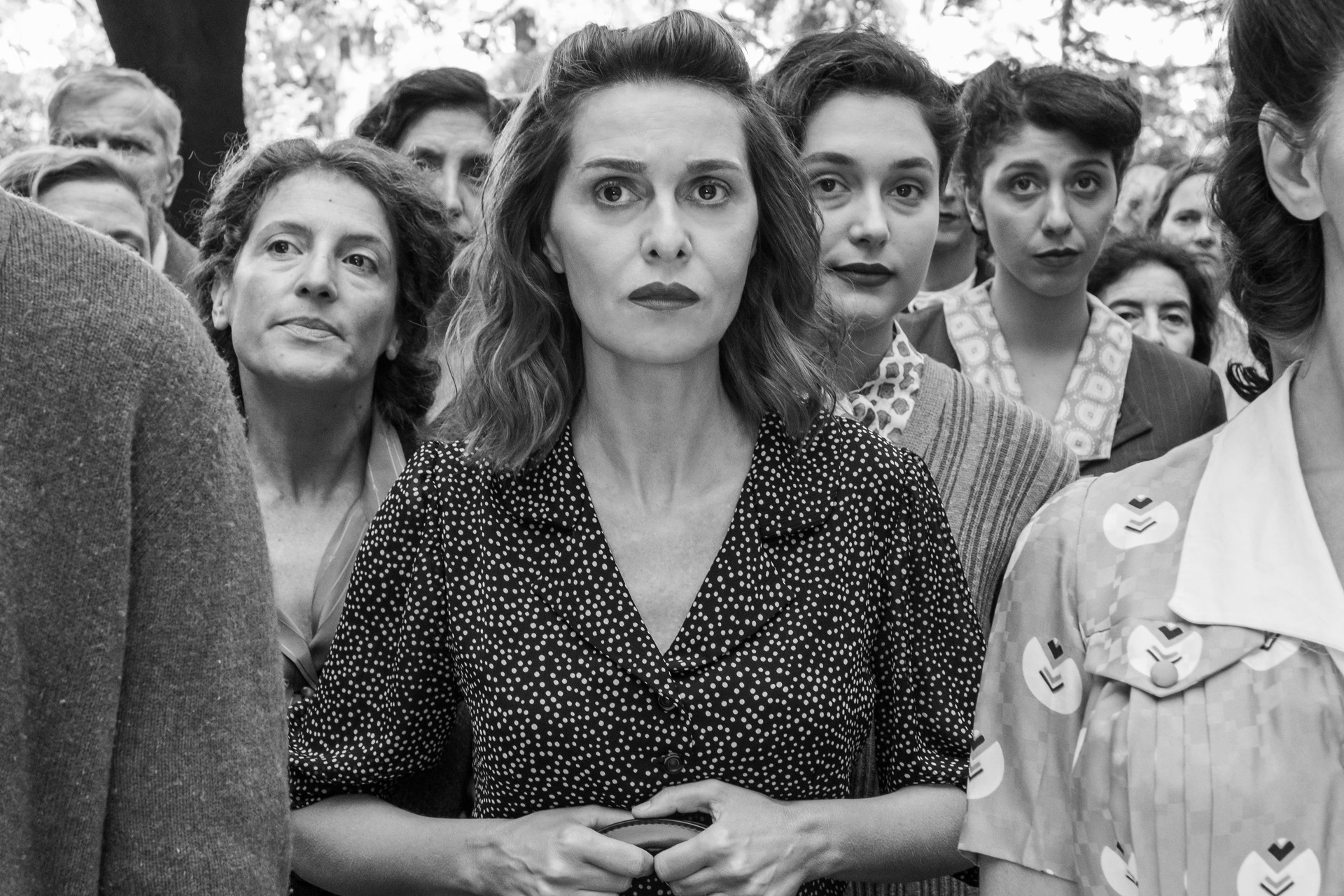
THE FIRST DAY OF SCHOOL
Fa’ la punta alla matita
corri a scrivere la tua vita.
Scrivi parole diritte e chiare:
Amore, lottare, lavorare.
Point the pencil
run to write your life.
Write words straight and clear:
Love, fight, work.
Gianni Rodari is always very topical in my opinion, but probably not even he would have imagined a time when the pencil, like all the rest of the material, would have taken second place compared to the bags that will contain them.
Each of us keeps the memory of the first day of school, how was yours? What is the first image that comes to mind?
Mine is distant in time and belongs to a time when notebooks were small, and only two: one lined and one checked, and for a moment I felt lost in the midst of children I did not know.
If I close my eyes I still smell the scent of the offellas that my mother had wrapped for a snack, making me a surprise.
In middle school, on the other hand, I felt great closing the books of the first day with those elastic bands with the clasp in front and going towards a new adventure.
At my high school debut I was alone again among unfamiliar faces, but that was the important day I met the one who would become a Great Friend for life.
But tomorrow?
What day will tomorrow be?
Paraphrasing Rodari: what kind of life can children write who tomorrow will face their first day of school with the long list of rules to respect and things not to do in hand?
Will we be able to make sure that our children can write as a “clear word Love” before FIGHT and WORK?
For once adults will be able to set the right example, will they be able to learn from mistakes, will they be able to use progress, knowledge, and above all experience, for a first day towards a better society, seriously, at least this time?
I would like it so much, and you?




 Hi I'm Claudia and this is KCDC.
Hi I'm Claudia and this is KCDC.



OPINIONI